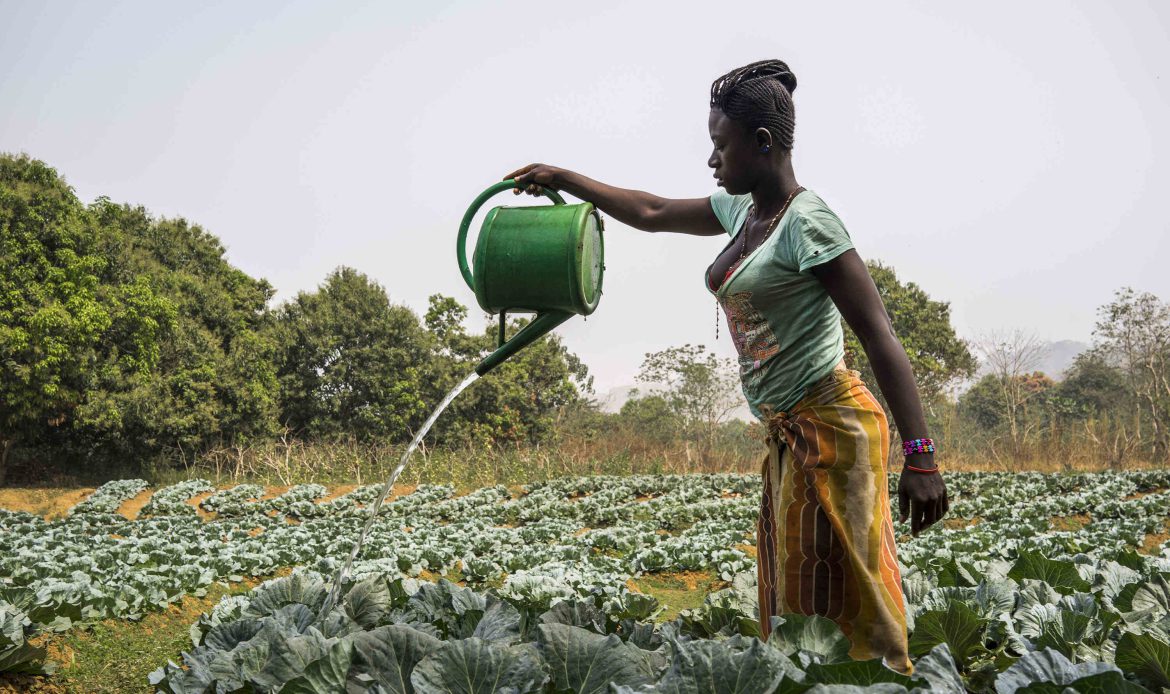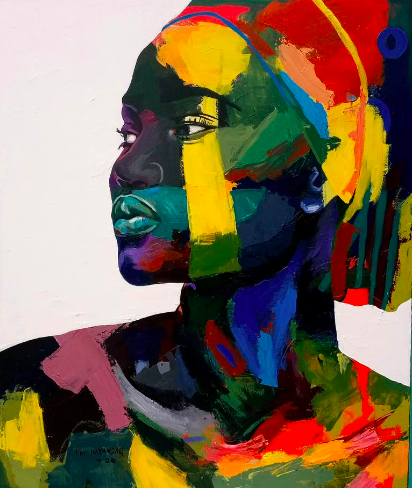This article was published in The Citizen Newspaper, Tanzania on 11th July 2023.
According to the data published by the United Nations, the global population is expected to rise to around 8.5 billion in 2030, 9.7 billion in 2050 and 10.9 billion in 2100. However, human society grows with its cultures, norms and practices which are passed on to generations.
Gender inequality has been a problem for as much time as humanity can remember, and it has had women at the receiving end more than men. Though emancipation efforts are mobilized a lot in our time, there are still systemic and cultural remnants which continue to affect women today, which if the right measures are not put in place, will survive our times to generations to come.
The effects of gender inequality are far-reaching, though they may appear to be meagre when considered on a case-by-case basis. Particularly in the African continent, statistics recorded reflect that there is little representation of women in politics as compared to men, there are many more illiterate women than men, and women, even at the level of family, have less influence in decision-making, expression, and choice.

According to UN Women, it appears impossible to attain gender parity in national legislative bodies globally until 2063.
In Africa, only six countries have reached or exceeded 40 per cent representation in parliaments.
Rwanda is the only country in Africa that has more than 50 per cent women representation in parliament, it actually has 61%. The five others are Cuba (53%), Nicaragua (52%), Mexico (50%), New Zealand (50%) and the United Arab Emirates (50%).
While the goal is to get rid of the effects of inequality, the strategy which works better is empowerment, inclusion and expansion of possibilities for women to participate in decision-making from the very low levels of society going upwards.
The theme of the World Population Day 2023 says: “Unleashing the power of Gender Equality: Uplifting the voices of women and girls to unlock our world’s infinite possibilities.” It is nearly impossible to unleash the power in the person without giving the person a chance to make an impact. As such, education goes hand in hand with creating avenues for such education that is imparted to be useful and transformative.
Tanzania is not excluded from this positive initiative. Though a lot of good work is done to support and empower women, to protect young girls from dangerous and abusive cultural practices and living conditions, early marriages and withdrawal from school, and to create opportunities for women with disabilities, there is still room for more advocacy and empowerment.
The progress that the country has made is evident in its policies and practices. There are gender desks which can be accessed at local governments and police stations. These have made reporting and follow-up easier. Some lawyers help women who have suffered abuses and injustices to get their rights.
Achieving Fifth Sustainable Development Goal (SDG5) – Gender equality – is a work in progress. It is time to do away with societal barriers and conditions which create loopholes for oppression and discrimination. Ideally, discrimination and exploitation should not have a place in human society. This makes the absence of it a right and a matter of urgency for a sustainable future.

As citizens who look forward to a better society in the future, we need to stand against any forms of discrimination, abuse, exploitation or infringement of the rights of women.
We should be aware of cultures that are oppressive, enslaving, and dangerous and should stay away from them, and report any suspicion of such things as FGM, deliberate withdrawal from education by families, arranged elopements, trafficking in women and children, early marriages as well as forced marriages. These things concern us all.
Equally, while the world makes a lot of effort to empower women and girls, they too need to be sensitized to maximize the opportunities by investing their best. The bias of incapability has grown roots in some places where girls do not believe that anything good or extraordinary can come from them.
In rural areas, many promising girls and young women live with small dreams because they are yet to witness fellow women doing wonders.
The mentality that women can perform better needs to be infused from an early age, not for competition with men, but to help create a balance in their thinking about the future and their potential. This will include being frank and realistic (as opposed to being political) about areas that women perform best and encouraging them to pursue such careers too.
Featured image adapted from Institut du Genre en Geopolitique.
